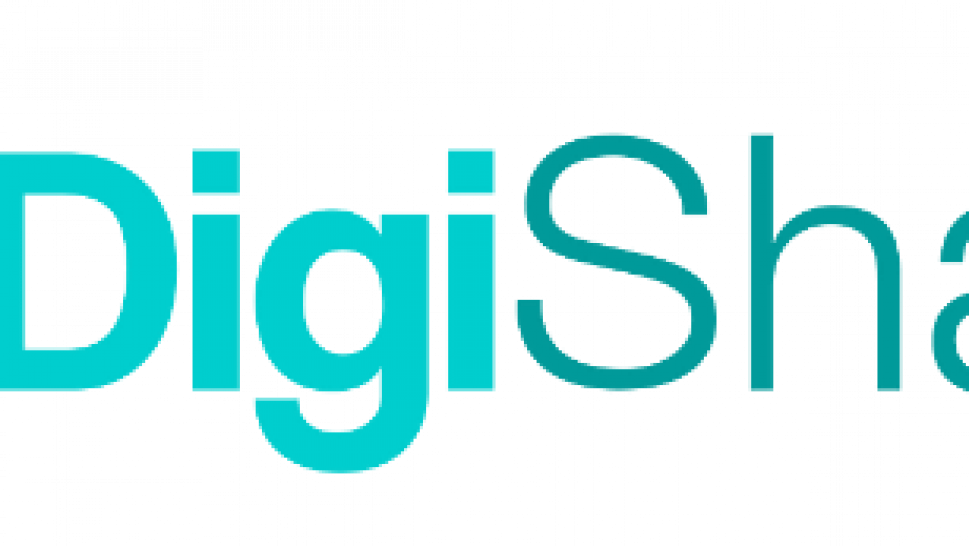Real estate tokenization is transforming the property market by enabling fractional ownership through blockchain technology. This innovative concept allows physical assets like residential, commercial, or industrial properties to be digitally represented by tokens on a blockchain, each symbolizing a portion of ownership. These tokens can be bought, sold, or traded, opening the doors of real estate investment to a wider range of investors and improving market liquidity.
What Is Real Estate Tokenization?
Real estate tokenization refers to the process of converting property ownership rights into digital tokens. These tokens are stored on a blockchain and represent a direct share in the underlying asset. Unlike traditional real estate investment, which often requires significant capital and lengthy legal procedures, tokenized assets can be divided into smaller units. This allows investors to purchase fractions of properties and gain exposure to the real estate market with lower barriers to entry.
How Does It Work?
The tokenization process begins with identifying and valuing a real estate asset. A legal entity, often a Special Purpose Vehicle (SPV), is created to hold the property. Smart contracts are then used to issue tokens on a blockchain platform, such as Ethereum or Polygon. Each token is linked to a stake in the SPV, giving holders legal rights such as profit sharing, rental income, or ownership benefits. These tokens can then be offered to investors via a token issuance platform, and in some cases, listed on secondary markets for trading.
Benefits of Real Estate Tokenization
Tokenization brings several advantages to both investors and asset owners. One of the most notable benefits is increased liquidity. Real estate is traditionally illiquid, requiring months to sell or transfer ownership. Tokenization enables the buying and selling of fractional property shares quickly and efficiently, often with minimal transaction costs. Another key benefit is accessibility. By lowering the investment threshold, tokenization allows retail investors to participate in real estate markets that were previously dominated by institutional players. Transparency is also enhanced. Blockchain records are immutable and accessible, ensuring every transaction and ownership change is fully traceable. Smart contracts automate dividend distributions, ownership transfers, and compliance procedures, reducing the need for intermediaries and improving efficiency.
Use Cases of Tokenized Real Estate
Real estate tokenization is already being applied across various property types and markets. Residential properties are commonly tokenized to enable individuals to invest in apartments or single-family homes without buying the whole property. Commercial real estate, including office spaces, shopping centers, and hotels, offers significant returns and is increasingly being digitized for fractional investment. Real estate development projects also benefit from tokenization by raising capital from a broader pool of investors during early-stage construction phases. In emerging markets, tokenized property is being used to help solve land title issues and promote financial inclusion by allowing locals to invest in community development.
Regulatory Considerations
Although the potential of tokenized real estate is immense, it comes with legal and regulatory challenges. Since real estate tokens often represent securities, they are subject to securities laws in many jurisdictions. Regulatory bodies such as the SEC in the United States require token issuers to comply with rules around investor disclosures, anti-money laundering (AML), and know-your-customer (KYC) requirements. Furthermore, the legal link between the digital token and the physical asset must be clearly defined to ensure investor protection. Working with legal advisors and using regulated platforms can help mitigate these risks.
Risks and Challenges
Despite its advantages, real estate tokenization is not without risks. Market volatility, smart contract vulnerabilities, and regulatory uncertainty can impact the safety and viability of tokenized assets. Custodianship of the real estate asset is critical; if the property is not properly managed or maintained, token holders may suffer losses. Liquidity, while improved compared to traditional real estate, is still dependent on the availability of active marketplaces and buyers. Another concern is the lack of standardization in how real estate tokens are structured and governed, which can create confusion for investors and limit adoption.
The Role of Tokenization in Real Estate Investment Trusts (REITs)
Real estate tokenization is often compared with or used in conjunction with Real Estate Investment Trusts (REITs). While both offer fractional ownership and income distribution, tokenized real estate can provide more direct ownership rights, enhanced transparency, and lower fees. Tokenized REITs may emerge as a hybrid model, combining the regulatory familiarity of traditional REITs with the technological benefits of blockchain-based tokens. This could become an attractive option for investors looking for regulated yet innovative real estate investment solutions.
The Future of Real Estate Tokenization
The adoption of real estate tokenization is expected to grow as regulatory frameworks mature and blockchain technology becomes more integrated into the financial ecosystem. Institutional players, including real estate developers, investment funds, and even governments, are exploring tokenization to streamline property sales, fundraising, and asset management. As interoperability between blockchains improves and more marketplaces emerge, tokenized real estate will likely become a mainstream investment vehicle. This evolution will not only transform how properties are bought and sold but also democratize access to one of the world’s most valuable asset classes.
Conclusion
Real estate tokenization is paving the way for a more inclusive, efficient, and transparent property investment market. By leveraging blockchain technology, it allows fractional ownership, enhances liquidity, and reduces entry barriers for global investors. While challenges such as regulation, technology risks, and market adoption remain, the long-term outlook is promising. As the real estate industry continues to embrace digital transformation, tokenization stands out as a powerful tool for reshaping the future of property ownership and investment.



Share the News